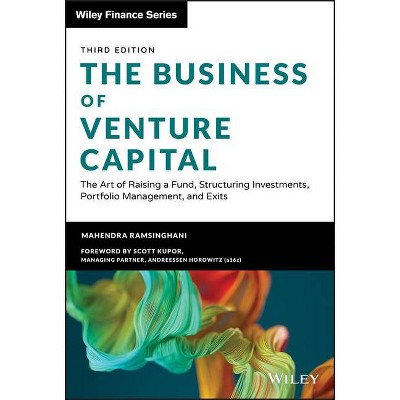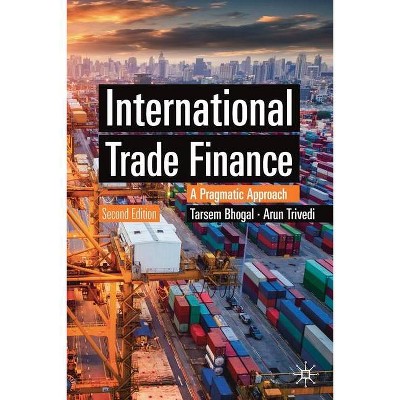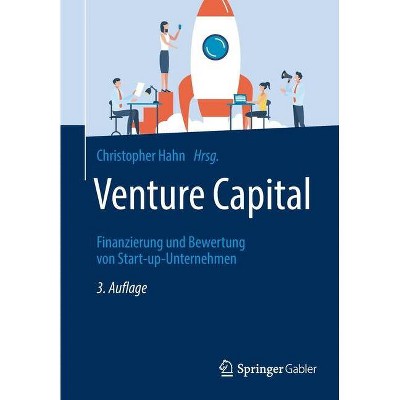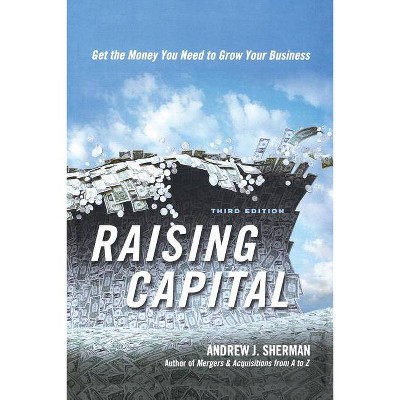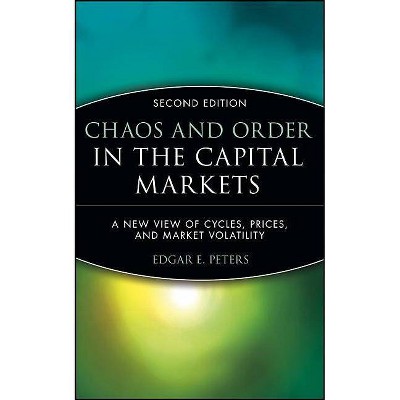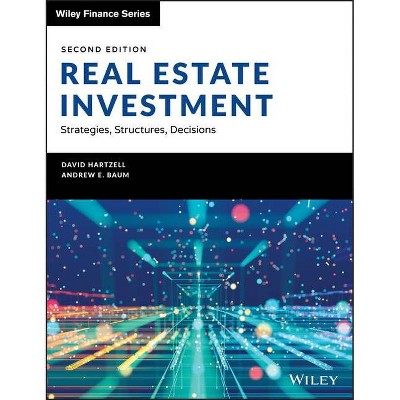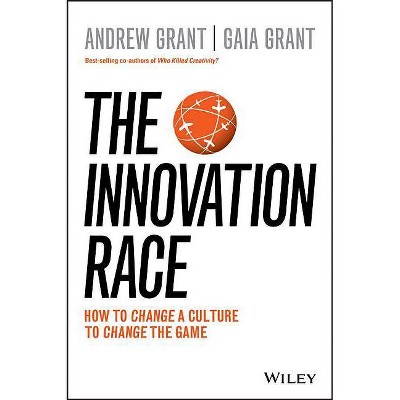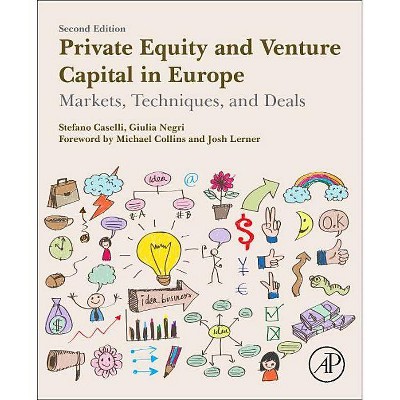Venture Capital and the Finance of Innovation - 3rd Edition by Andrew Metrick & Ayako Yasuda (Paperback)
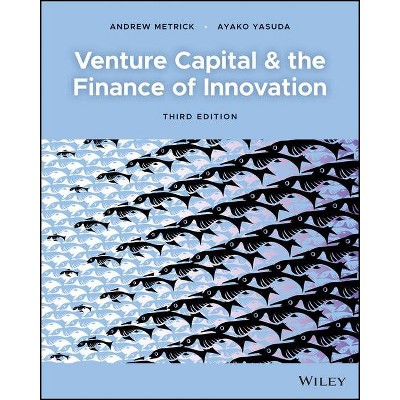
Similar Products
Products of same category from the store
AllProduct info
<p/><br></br><p><b> About the Book </b></p></br></br> "Many interesting developments have occurred in the world of venture capital since the publication of the first edition of this book in 2006, which prompted us to revise the book for the second edition. While the organization of the book remains unchanged, many of the chapters are substantially rewritten. For example, in Chapter 5, we re-ranked top VC firms, incorporating the latest performance statistics, fundraising and investment activities, notable exits, and (as always) our subjective opinions. In Chapter 6, we examine further evidence of the deepening globalization of the industry. In Chapters 3, 4, and 7,we analyze the impact of the 1999-2000 Internet bubble years on the VC risk and returns, as investments made in those years are finally mature and thus now a part of the performance evaluation analysis. We also incorporated expositional improvements throughout the book based on reader feedback on the first edition. Another feature of the new edition is that the VCV model, used extensively in Part III of the book, is now available as a Web-based application available on http://VCVtools.com. Significant collaborative efforts went into developing this tool, which we believe will be of interest to a broad audience, including practitioners interested in valuing VC-backed company stocks and employee stock options"<p/><br></br><p><b> Book Synopsis </b></p></br></br><p>An invaluable resource for current and aspiring technology investors, <i>Venture Capital and the Finance of Innovation </i>provides an in-depth understanding of the tools and models needed to succeed in this competitive and highly fluid business environment. Building on a comprehensive introduction to fundamental financial and investment principles, the text guides the reader toward a robust skill set using enterprise valuation and preferred stock valuation models, risk and reward, strategic finance, and other concepts central to any venture capital and growth equity investment.</p> <p>Two features of the book stand out from other sources on the subject. First, it pays special attention to the enterprise valuation methodology for high-growth companies. What drives the value of a company that has little physical assets, losing money now but has a small chance of achieving great success in several years? How do you create estimates for sales, profit and return on capital when little data is available? The book answers these questions using a discounted cash flow model that is tailor-made for technology companies (DCF.xlsx downloadable from the instructor website), and the comparables model. Second, it highlights the most valuation-relevant feature of VC term sheets, namely the use of convertible preferred stock. The book shows the reader how to use a user-friendly and automated valuation model of VC preferred stock (available at www.vcvtools.com) to value various types of preferred stock and to visualize how term sheets split the values of the firm between entrepreneurs and VCs.</p> <p>Accessible, comprehensive, and assuming only basic knowledge of venture capital, this text offers essential guidance for successful VC and growth equity investing in any market.</p><p/><br></br><p><b> Review Quotes </b></p></br></br><br><p><i>This third edition of </i>Venture Capital and the Finance of Innovation<i> is an excellent successor to Andrew Metrick and Ayako Yasuda's previous edition, which was the gold standard in the area. The book provides many unique features including valuation tools for high-growth firms, and option-pricing based tools for valuing the preferred stock used in venture capital. I highly recommend it to students and scholars alike.--</i><b> Franklin Allen, Professor of Finance and Economics, Imperial College London</b></p> <p><i>Metrick and Yasuda continue to provide the most comprehensive reference for venture capital. Their treatment of valuation, contracts, and returns is both rigorous and accessible. Every student of the industry should have this book on their shelves.--</i><b>Paul Gompers, Eugene Holman Professor of Business Administration, Harvard Business School</b></p> <p><i>A new and improved version of my go to book for students, GPs and LPs to learn and understand the fundamentals and nuances of VC investing</i>.--<b>Steven N. Kaplan, Neubauer Family Professor of Entrepreneurship and Finance, University of Chicago Booth School of Business</b></p> <p>"<i>If you want to understand the venture capital industry, this is </i>the<i> book."</i><b>-Jay R. Ritter, Joseph B. Cordell Eminent Scholar, Warrington College of Business, University of Florida</b></p><br>
Price History
Cheapest price in the interval: 125.99 on October 28, 2021
Most expensive price in the interval: 125.99 on November 6, 2021
Price Archive shows prices from various stores, lets you see history and find the cheapest. There is no actual sale on the website. For all support, inquiry and suggestion messages communication@pricearchive.us
